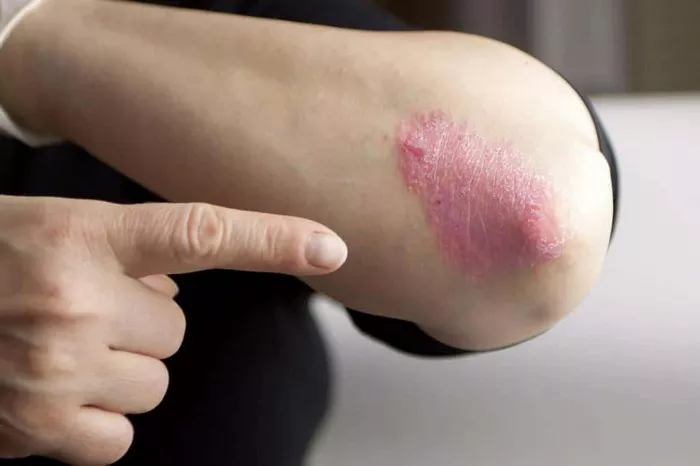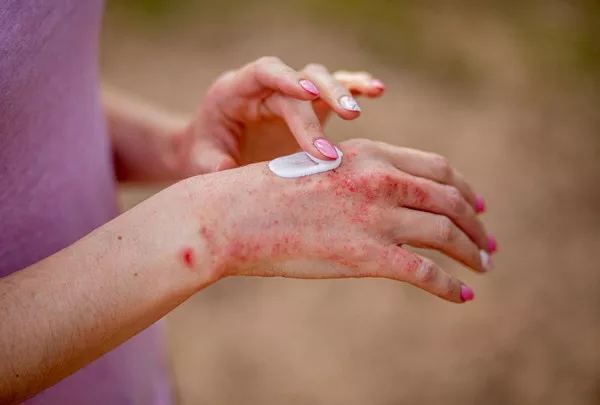Arcutis Biotherapeutics, Inc. (Nasdaq: ARQT) has submitted a supplemental New Drug Application (sNDA) to the U.S. Food and Drug Administration (FDA) for its product, roflumilast foam 0.3% (Zoryve). This application is aimed at securing approval for the use of the foam in treating both scalp and body psoriasis in adults and adolescents aged 12 and older. This development represents a pivotal moment for the company and offers potential relief for millions affected by these challenging conditions.
Traditional psoriasis treatments, including creams and ointments, often fall short when applied to hair-covered areas, highlighting the need for more effective solutions. Dr. Melinda Gooderham, MD, MSc, FRCPC, medical director of the SKiN Centre for Dermatology and a clinical trial investigator, addressed these issues, stating, “Hair-bearing areas present unique treatment challenges that are not easily addressed with creams or ointments. Individuals with plaque psoriasis need steroid-free treatment options that can clear plaques and alleviate symptoms such as itch and flaking.
The sNDA submission is backed by positive outcomes from the pivotal ARRECTOR phase 3 trial (NCT05028582) and a phase 2b study, along with extensive long-term efficacy and safety data from the roflumilast development program. The ARRECTOR study, a double-blind, vehicle-controlled phase 3 trial, assessed the safety and efficacy of roflumilast foam 0.3% in treating scalp and body psoriasis among individuals aged 12 and older. The study, which included 432 participants, met its co-primary endpoints with notable success.
Data from the trial revealed that 67.3% of participants using roflumilast foam achieved Scalp-Investigator Global Assessment (S-IGA) success at week 8, compared to 28.1% of those using the vehicle foam. Additionally, 46.5% of roflumilast-treated individuals achieved Body-Investigator Global Assessment (B-IGA) success, versus 20.8% for the vehicle group. These results highlight the foam’s effectiveness in managing both scalp and body psoriasis.
Furthermore, the studies indicated a substantial reduction in itch, a common and bothersome symptom of psoriasis. Two-thirds of patients with clinically meaningful itch at baseline reported significant improvement at week 8, compared to 30.3% of those receiving the vehicle foam. Notably, some patients experienced rapid relief from scalp itch as early as 24 hours after the first application.
The safety profile of roflumilast foam was deemed favorable, with a low rate of treatment-emergent adverse events (TEAEs), most of which were mild to moderate. Common side effects included headache (3.1%), diarrhea (2.5%), nausea (1.7%), and nasopharyngitis (1.3%). Discontinuation rates due to adverse events were minimal and comparable between the roflumilast and vehicle groups.
Frank Watanabe, president and CEO of Arcutis, underscored the importance of this submission, remarking, “This milestone marks our fifth regulatory submission for topical roflumilast in the United States within less than three years, further advancing our commitment to providing innovative treatments for individuals with psoriasis.” Watanabe expressed confidence in the foam’s potential impact, emphasizing its effectiveness and simplicity in treating both scalp and body psoriasis.
The FDA is expected to review the sNDA over the next 6 to 10 months. If approved, roflumilast foam could become a significant new treatment option for those with scalp and body psoriasis, potentially improving patient outcomes and quality of life.
Related Topics:



























